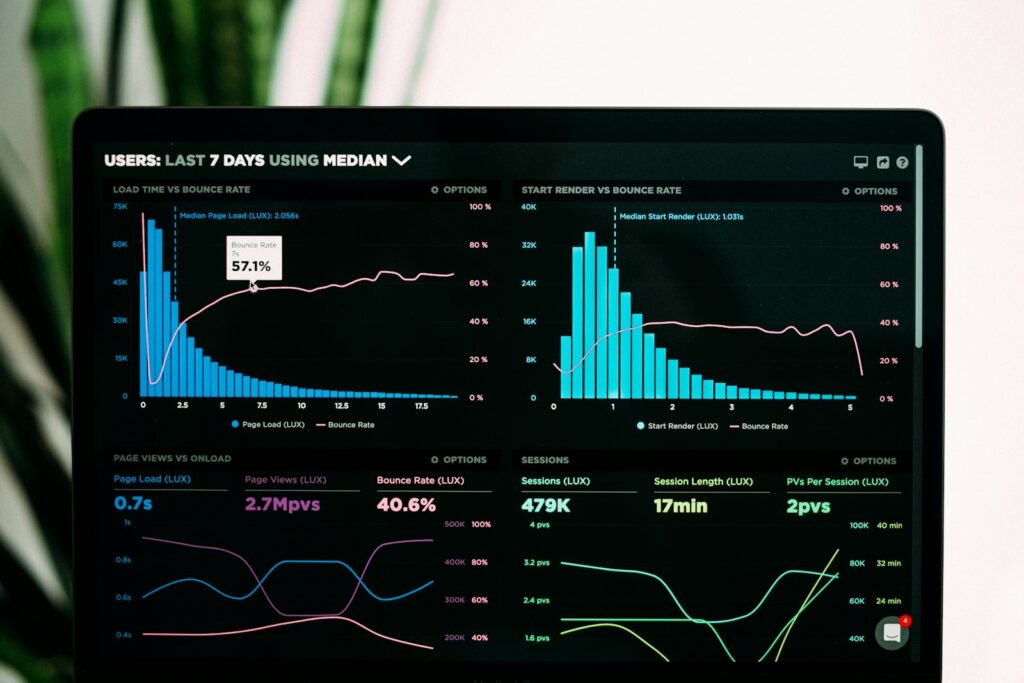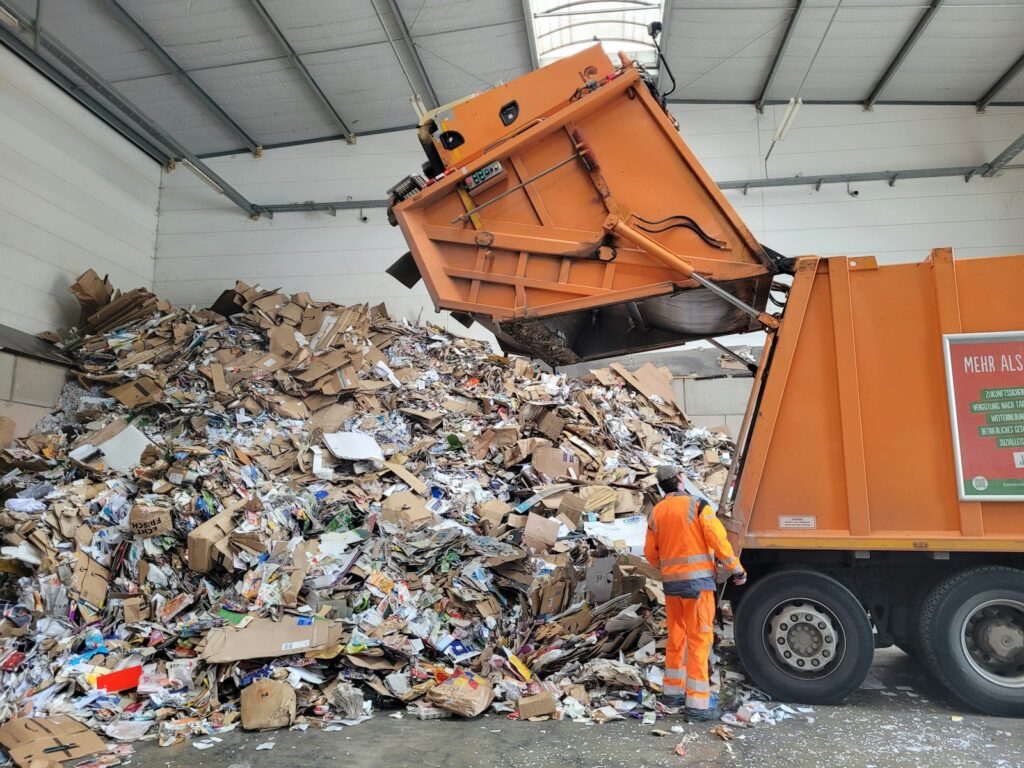Disabled people are at risk of being left out in a sustainable energy future, warn researchers from the University of Leeds.
The researchers looked at energy consumption data from 19 countries in the European Union and found that disabled people currently consume about 10% less energy than other households.
According to the study, this is largely due to disabled households using fewer leisure services, such as recreation, hotels and restaurants.
The researchers have highlighted that this limited consumption of leisure services highlights an important inequality, suggesting that disabled people have fewer opportunities to engage in fun and relaxing activities.
The similar consumption of energy for basic needs between disabled and non-disabled households of the same income is also a concern. This is because disabled people often have a greater need for energy at home for things such as life-supporting machinery, to keep warmer or to wash more frequently than others.
In the light of these greater needs, the similar consumption levels to other households suggests that energy in the home might be being under-consumed by disabled households.
Professor Lucie Middlemiss, lead author of the study said: ‘Disabled people are largely invisible in environmental policy and practice, and rarely discussed as having particular needs or facing particular challenges. This is a glaring oversight as we try to move towards a more sustainable future.
‘Following the Glasgow COP26 climate change conference, we are all thinking more about how our energy consumption should change but that cannot come at the cost of people with different needs.
‘It is critical to understand how disabled people are consuming their energy, and if their current needs are being met. This will enable us to reduce energy consumption safely and in a way that allows disabled people to live decent lives.
‘Disabled people may also be more vulnerable to climate change consequences such as extreme temperatures or emergency relief being inaccessible.
‘When we consider that of the 446 million people living in the European Union, around 100 million are believed to be disabled, disability is a topic that merits more attention from environmental scholars and policymakers.
‘These findings also supports our earlier call to include the energy poor, in all their diversity, in energy transition planning.’
Photo by Tim Mossholder
















